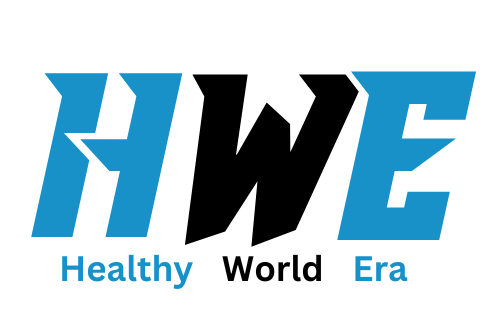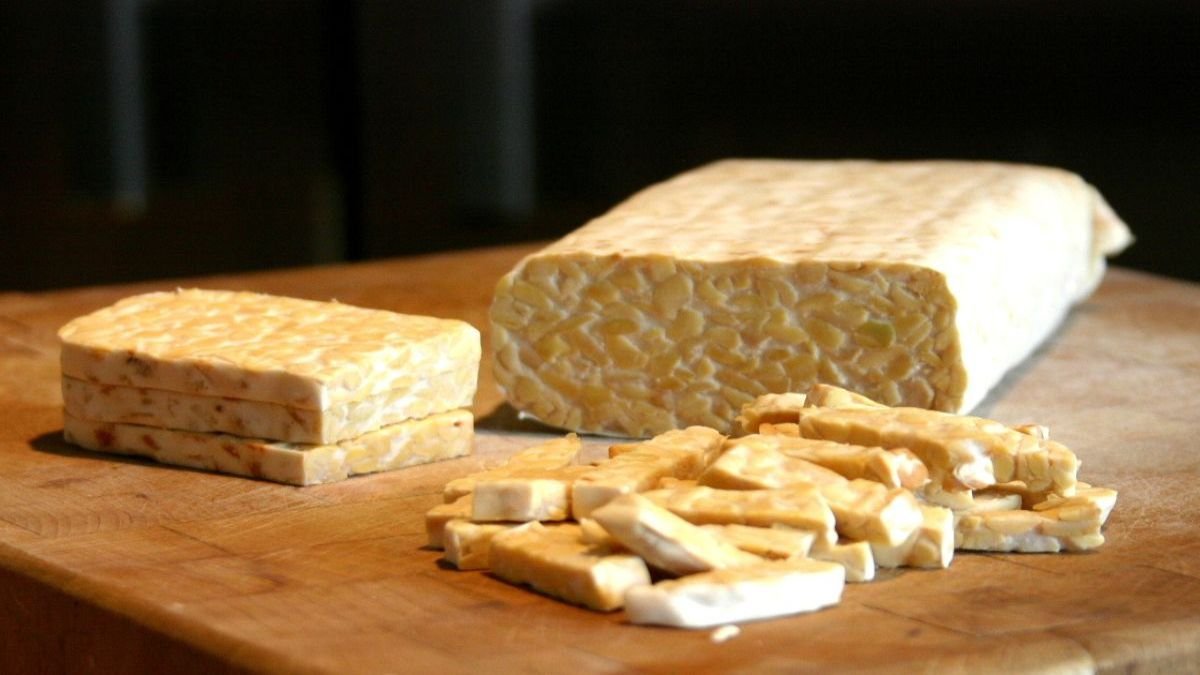Overview:
Whether you’re new to vegetarianism or a long-time vegetarian, you’ve probably heard the question, “Where do you get your protein?”
For many people, protein seems synonymous with meat, but vegetarians can absolutely meet their protein needs with the right foods.
And if you’re looking to cut calories or fat, focusing on lean protein is key to maintaining muscle, managing weight, and staying healthy.
In this guide, we’ll explore the top 15 sources of lean protein for vegetarians that will help you reach your health and fitness goals without any animal products.
Table of Contents
What Is Lean Protein for Vegetarians?
Lean protein refers to protein sources that are lower in fat and calories but still rich in essential amino acids, which are the building blocks of muscle.
For vegetarians, getting enough protein can sometimes be a challenge, especially since many plant-based foods also contain carbs and fats.
However, there are plenty of lean, plant-based protein sources that can keep your meals balanced and nutritious.
Benefits of Including Lean Protein in a Vegetarian Diet
- Muscle Growth and Repair: Protein is essential for repairing and building muscles, especially after physical activity.
- Weight Management: Lean protein helps you stay fuller longer, which can prevent overeating and promote weight loss or maintenance.
- Improved Overall Health: Adequate protein intake supports healthy skin, hair, nails, and immune function, and gives you more energy throughout the day.
Top 15 Sources of Lean Protein for Vegetarians Include
1. Tofu
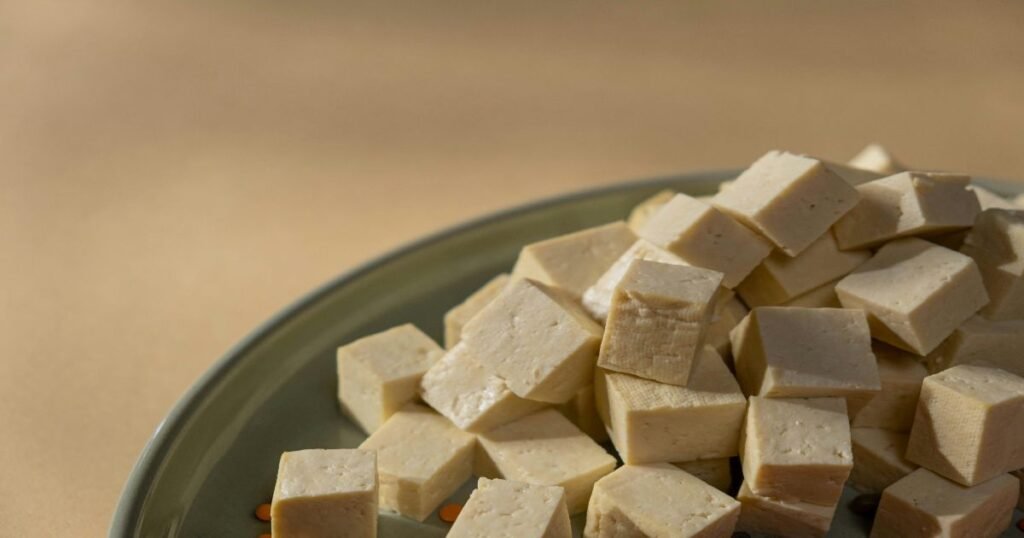
Tofu is made from soybeans and is a great source of plant-based protein, providing about 10 grams of protein per 100 grams. It’s incredibly versatile and can be stir-fried, baked, or blended into smoothies.
2. Tempeh
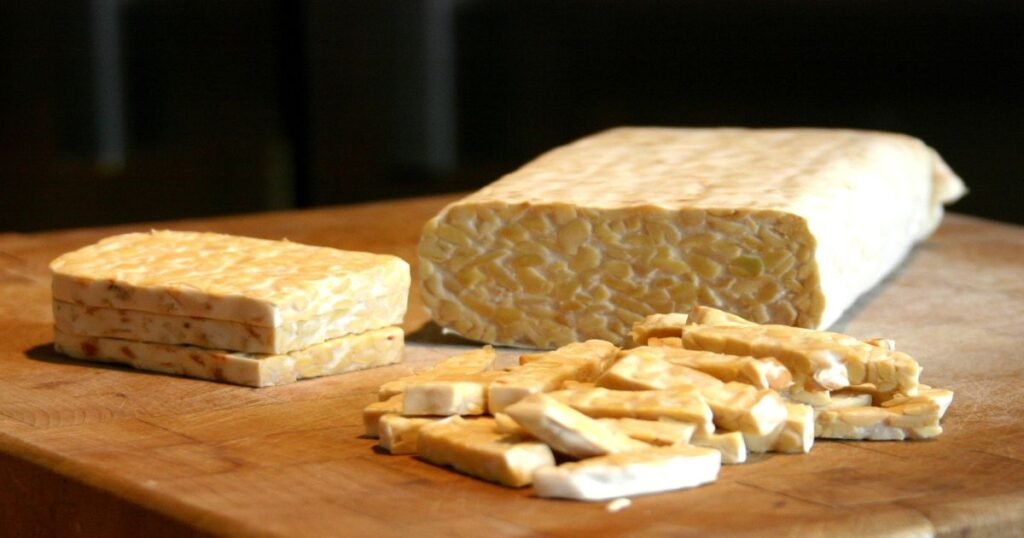
Tempeh, also made from soybeans, is even higher in protein than tofu, with about 19 grams per 100 grams. It’s fermented, which also makes it good for gut health. Try it in stir-fries, sandwiches, or salads.
3. Lentils
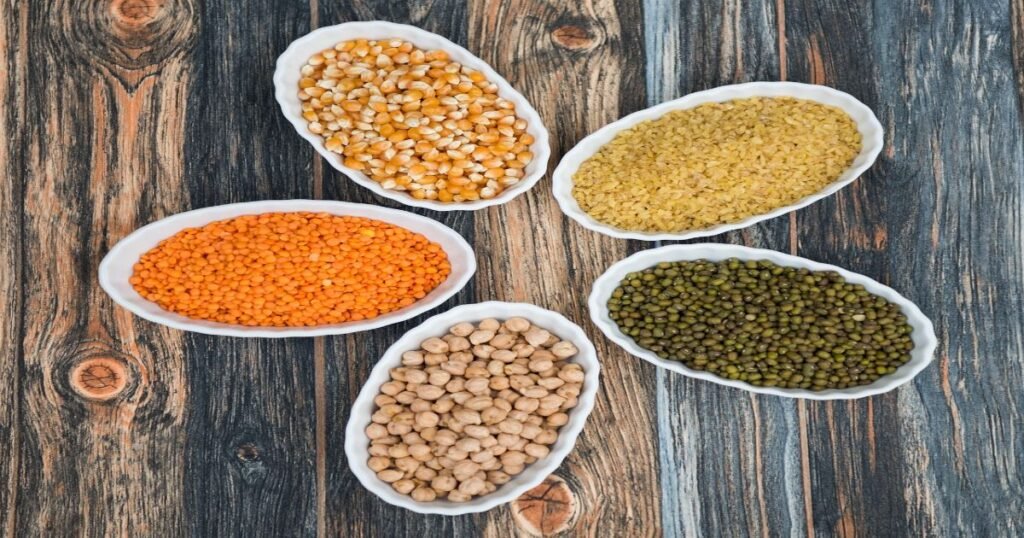
Lentils pack around 18 grams of protein per cup and are also high in fiber, making them a great option for heart health and digestion. They work well in soups, salads, or as a meat substitute in veggie burgers.
4. Chickpeas (Garbanzo Beans)
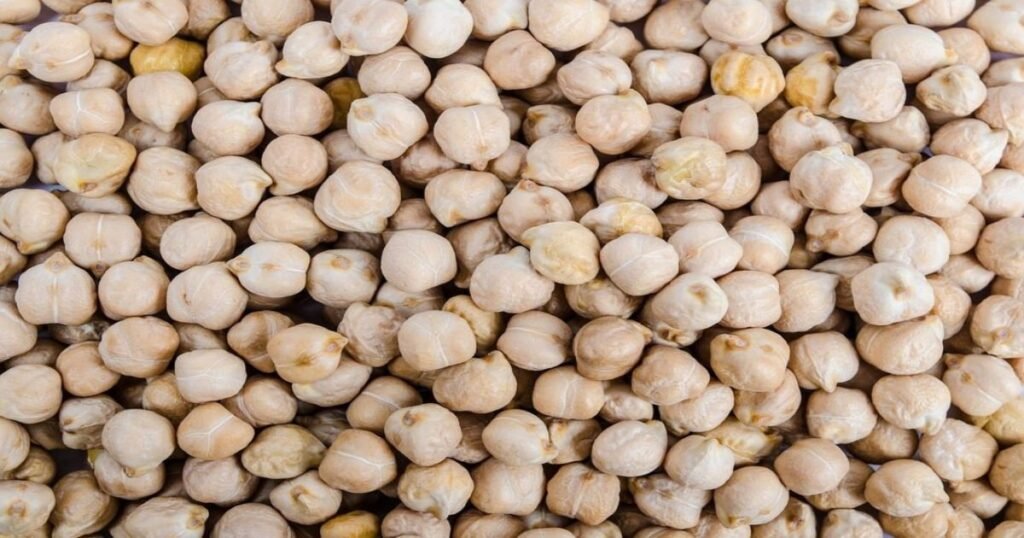
Chickpeas offer about 15 grams of protein per cup. They are highly versatile—use them in salads, and stews, or mash them up for homemade hummus.
5. Edamame (Soybeans)
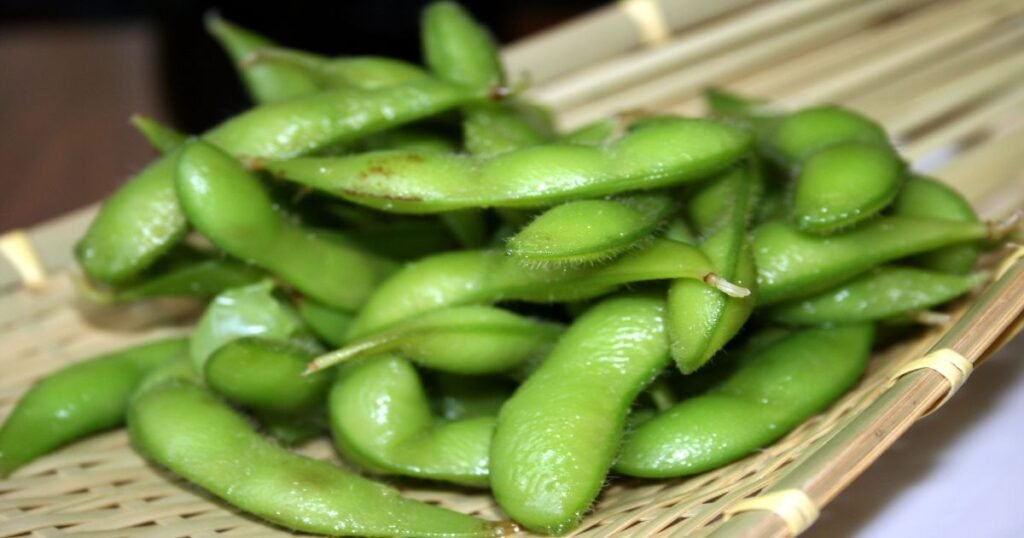
Edamame, or young soybeans, contain around 17 grams of protein per cup and are perfect as a snack, salad topping, or side dish.
6. Quinoa
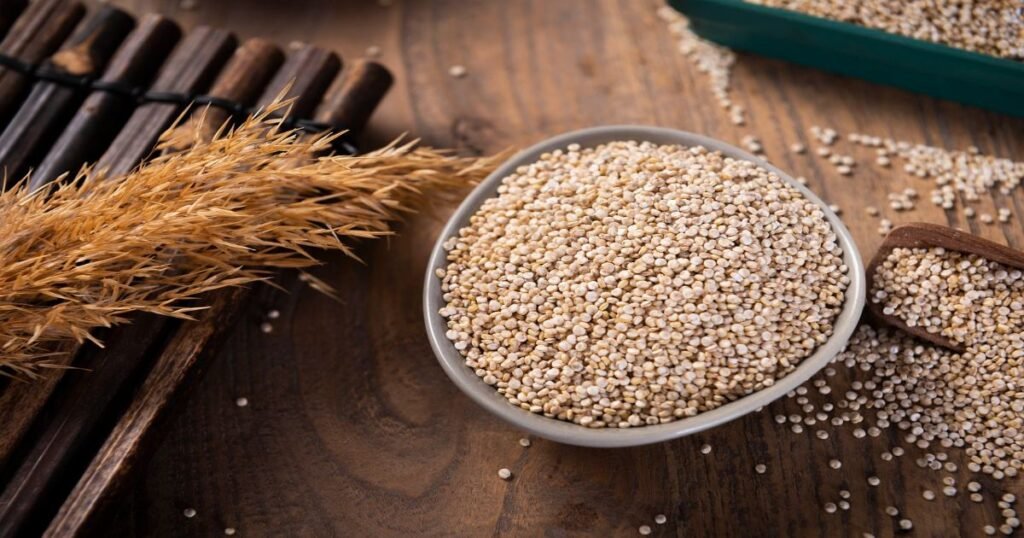
Quinoa is one of the few plant-based foods that provide a complete protein, meaning it contains all nine essential amino acids. It has about 8 grams of protein per cup when cooked and is easy to mix into salads or use as a rice alternative.
7. Greek Yogurt (Non-Fat, Vegetarian)
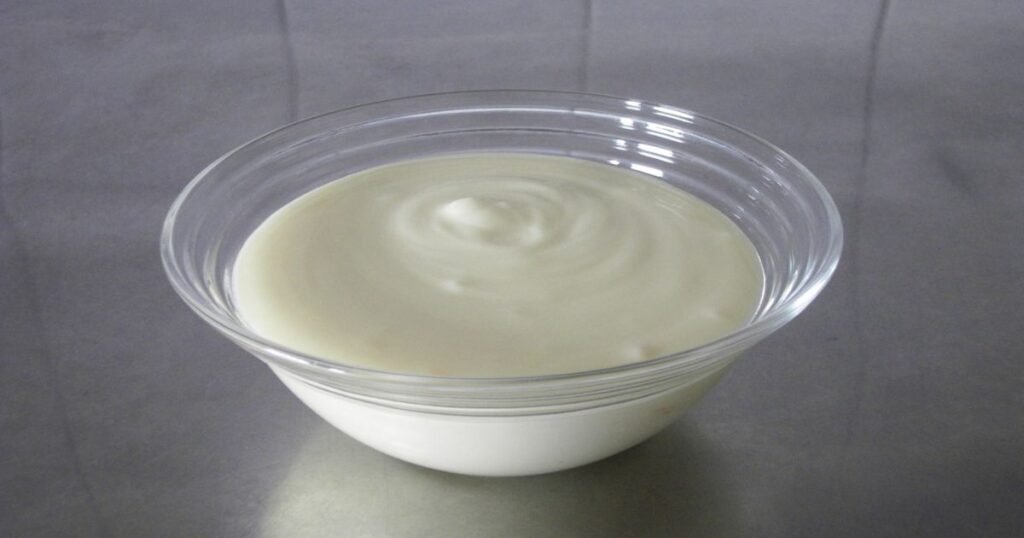
Vegetarians who include dairy in their diet can enjoy Greek yogurt, which provides around 10 grams of protein per 100 grams. It’s an excellent choice for breakfast, snacks, or post-workout recovery.
8. Cottage Cheese (Low-Fat, Vegetarian)
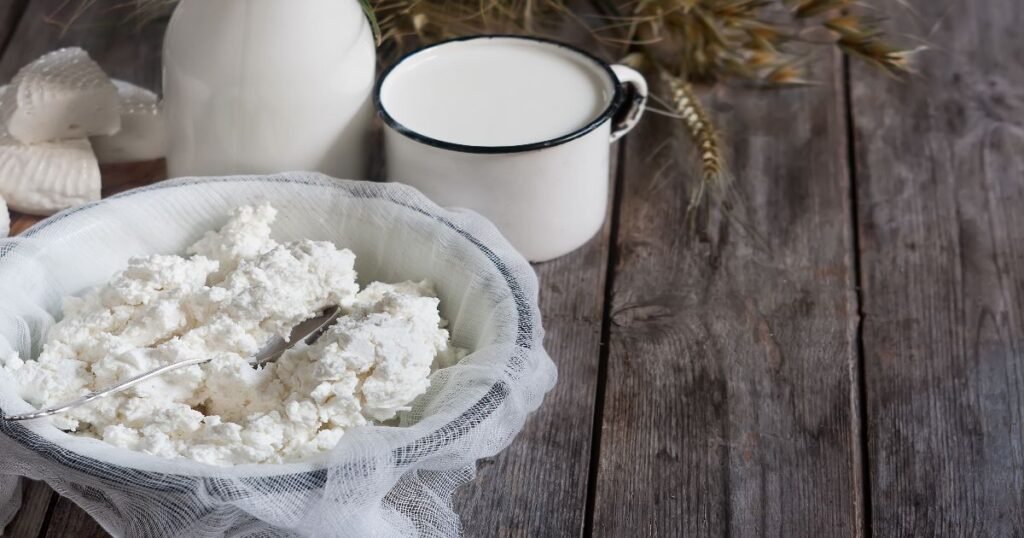
Another dairy-based option, low-fat cottage cheese contains about 11 grams of protein per 100 grams and is low in fat, making it a great snack or addition to smoothies and salads.
9. Seitan

Seitan is made from wheat gluten and has a meat-like texture, offering a whopping 25 grams of protein per 100 grams. It’s often used in vegetarian dishes as a meat substitute, particularly in stir-fries or sandwiches.
10. Black Beans
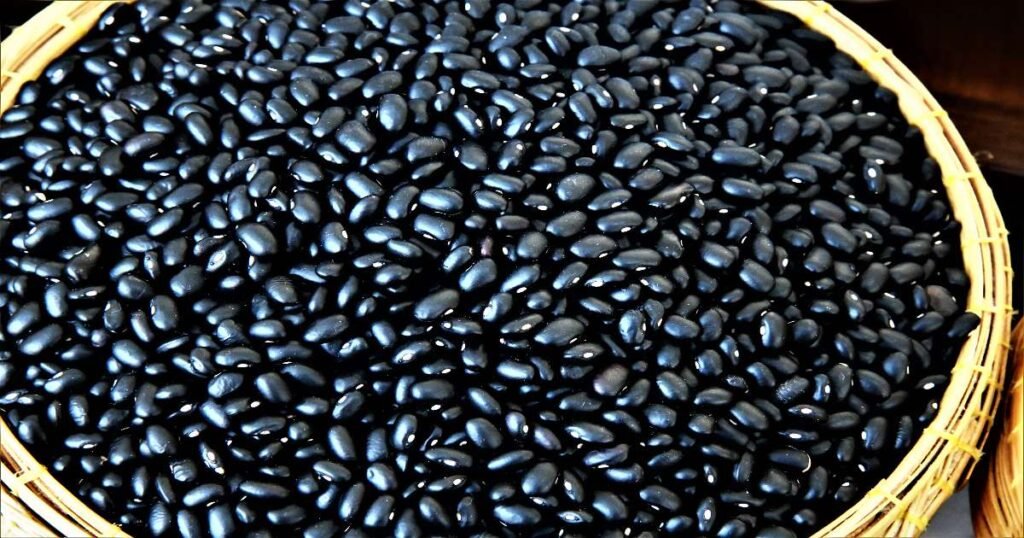
Black beans are a nutrient-dense legume that provides about 15 grams of protein per cup. They’re easy to incorporate into tacos, soups, or veggie bowls.
11. Peas
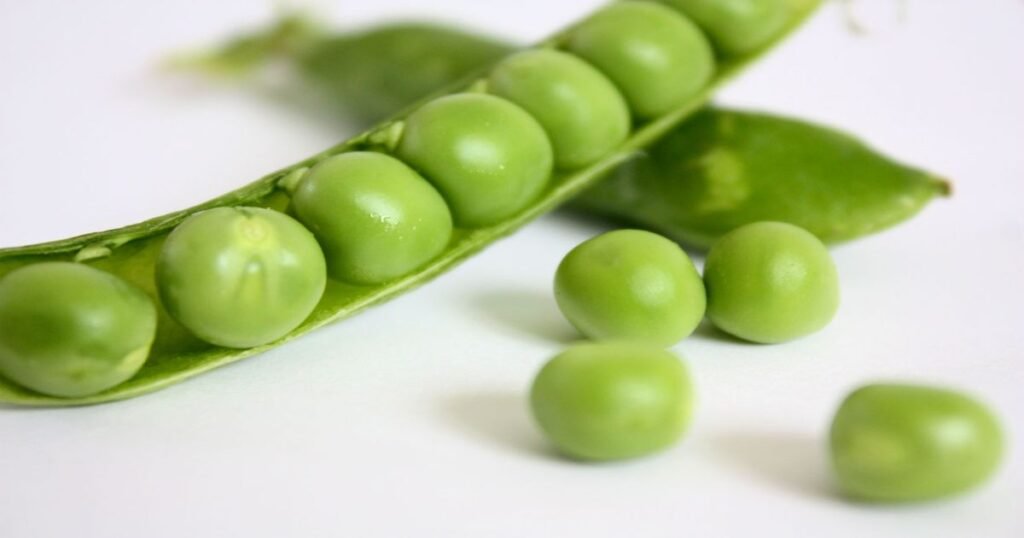
Peas might not be the first food you think of when you hear protein, but one cup of cooked peas offers 8 grams of protein. They’re a great side dish or addition to pasta and rice dishes.
12. Hemp Seeds
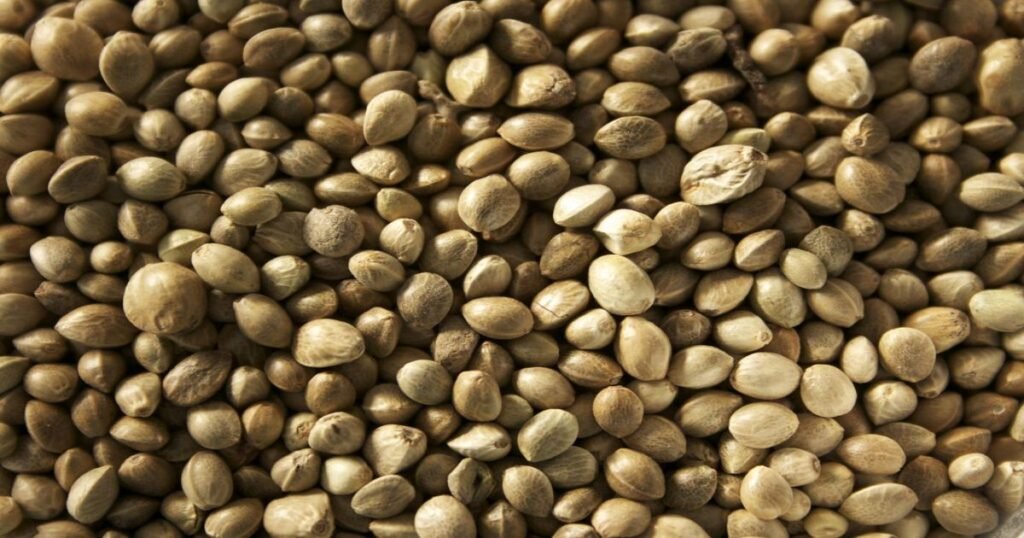
Hemp seeds are tiny powerhouses, providing around 10 grams of protein per 3 tablespoons. They also offer omega-3 fatty acids, which support heart and brain health. Sprinkle them on salads, or oatmeal, or blend them into smoothies.
13. Chia Seeds
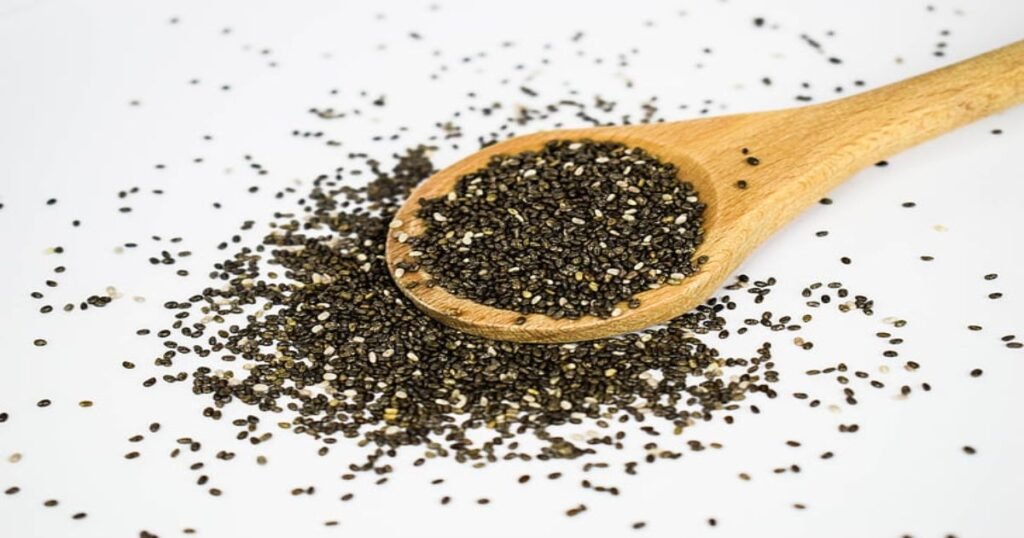
Chia seeds contain 5 grams of protein per ounce and are also rich in fiber and healthy fats. They can be added to smoothies, and yogurt, or used to make chia pudding.
14. Nutritional Yeast
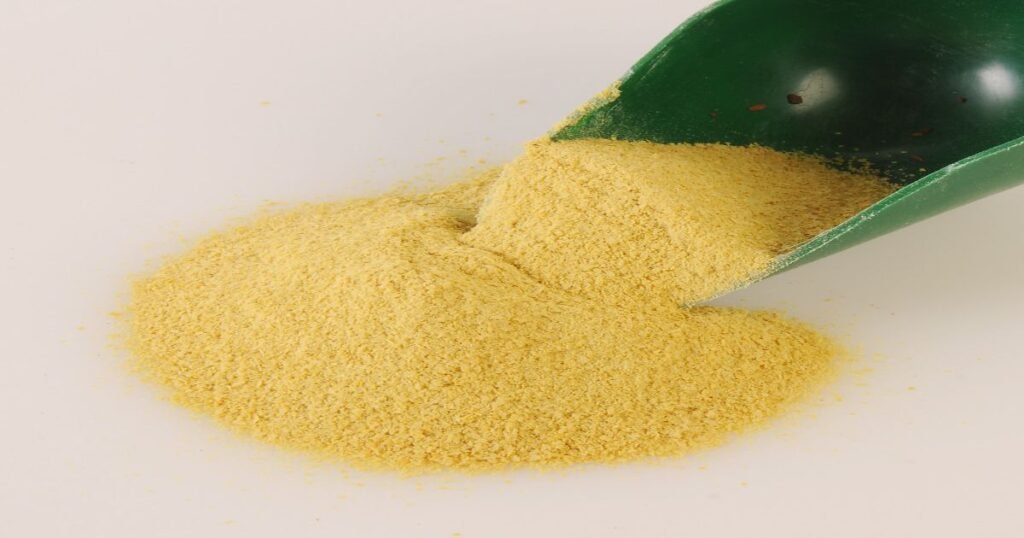
Nutritional yeast has a cheesy flavor and offers about 8 grams of protein per two tablespoons. It’s a popular choice for vegans and vegetarians to sprinkle on popcorn, pasta, or vegetables.
15. Almonds
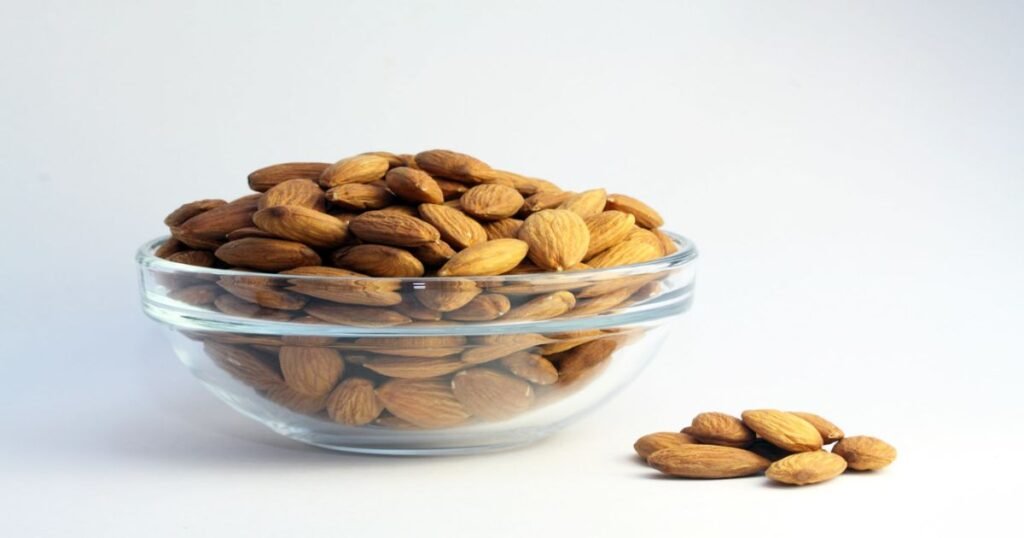
Almonds are high-protein nuts, offering 6 grams of protein per ounce. They’re also rich in healthy fats, making them a filling snack or a crunchy addition to salads and oatmeal.
How to Incorporate Lean Protein into a Vegetarian Diet
Meal planning is key when it comes to ensuring you’re getting enough lean protein on a vegetarian diet. Aim to balance your meals with protein-rich foods like tofu, tempeh, or legumes alongside whole grains and vegetables. Combining different plant-based proteins, such as beans and rice, can also help ensure you’re getting all essential amino acids.
Also Read: Top 10 Calcium-Rich Foods
Conclusion
Incorporating lean protein into your vegetarian diet is crucial for maintaining a balanced, healthy lifestyle.
From tofu and tempeh to lentils, quinoa, and edamame, there are plenty of delicious and nutritious plant-based protein sources to choose from.
Whether you’re looking to build muscle, lose weight, or simply maintain overall health, these top 15 lean protein sources will keep you on track.
Remember, you don’t need to compromise flavor or variety to meet your protein needs on a vegetarian diet.
With a little creativity and planning, you can enjoy nutritious, protein-rich meals every day that support your health and fitness goals.
Start incorporating these top 15 lean protein sources into your meals today and enjoy all the health benefits they offer.
FAQs
1. How can vegetarians get enough protein without supplements?
Vegetarians can meet their protein needs by eating a variety of plant-based foods like beans, lentils, tofu, tempeh, and grains like quinoa, which provide sufficient protein without the need for supplements.
2. Can vegetarians build muscle with plant-based protein?
Yes, vegetarians can build muscle with plant-based proteins as long as they consume enough protein and maintain a balanced diet. Foods like tofu, tempeh, and legumes are excellent sources for muscle growth.
3. How much protein do vegetarians need daily?
The recommended daily intake of protein for most adults is about 46 grams for women and 56 grams for men. However, this varies based on activity level, age, and health goals.
4. Are plant-based proteins as good as animal proteins?
Yes, plant-based proteins can be just as good as animal proteins. While some plant sources may lack one or more essential amino acids, eating a variety of protein-rich foods ensures you’re getting a complete profile of essential amino acids. Combining foods like beans with rice or lentils with whole grains ensures that vegetarians can still get the full range of amino acids, making plant-based proteins as effective as animal proteins.
5. Can I eat too much lean protein on a vegetarian diet?
Yes, it’s possible to eat too much protein, even from plant-based sources. While protein is crucial, balance is key. Eating an excessive amount of protein can lead to digestive issues and strain on the kidneys, particularly if you’re not drinking enough water. Aim for a balanced intake, and consult a healthcare provider if you’re unsure about how much protein is right for you.
